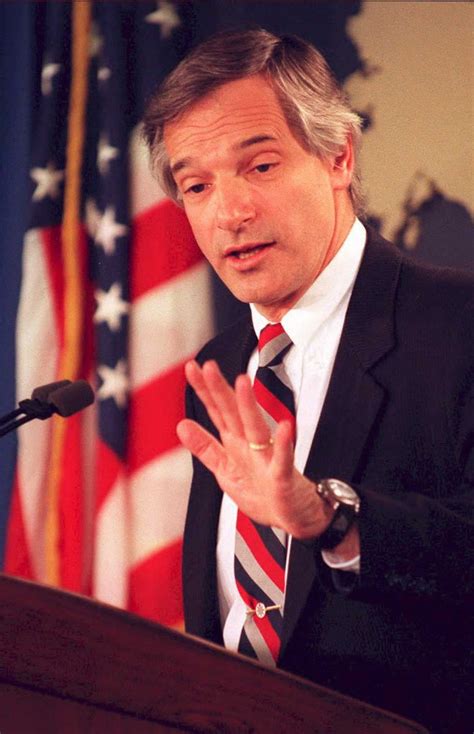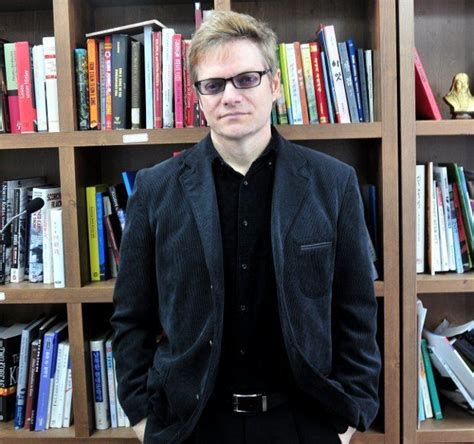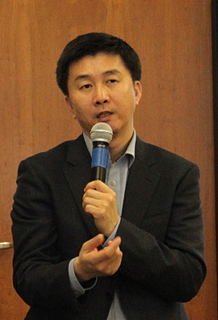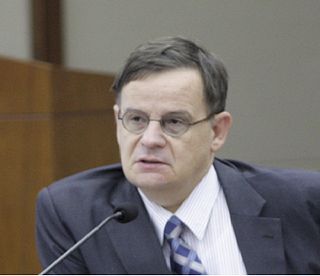A Quote by Lee Hyeon-seo
North Koreans are tragically oppressed. Despite the risks to my personal safety, I feel a strong obligation to tell the world about the Orwellian nightmare that North Koreans face.
Related Quotes
The North Korean Communists are implacably pursuing their military buildup in defiance of the international trend toward rapprochement and of the stark reality of the Korean situation, as well as of the long-cherished aspiration of the 50 million Koreans. The North Koreans have already constructed a number of underground invasion tunnels across the Demilitarized Zone.
There is reason to say that negotiations with the North Koreans are not easy, they may not succeed, but they may be a way of getting to where we want to get to, limiting the capability of the North Koreans to do harm to us and our allies without the use of military force and without the risk of a major war in Northeast Asia.
Koreans love to dance; they love to sing. If you actually know Koreans, you see how absurd the stereotype of the 'Asian robot' is. They love to laugh - they're very affectionate. Maybe because of their history of oppression, when they feel you are part of their tribe, they are intensely loyal. I love that about Koreans!
Brian Myers takes a fresh approach. He largely ignores what the regime tells the outside world about itself, but concentrates instead on what North Koreans themselves are supposed to believe, paying special attention to the North Korean narratives and mass culture, including movies and television shows. (...) There are few books that can give the world a peek into the Hermit Kingdom. The Cleanest Race provides a reason to care about how those in North Korea see themselves and the West. It is possibly the best addition to that small library.
In contrast, Western historians, and those in South Korea, say the North attacked the South on June 25, 1950. Both sides agree that after the war began, the North Korean Army captured Seoul in three days and pushed as far south as Pusan before American troops arrived to drive back the North Koreans nearly as far north as the border to China.
It was very shocking for me to read newspapers that openly criticised the government in South Korea. That is impossible in North Korea and almost impossible in China. I was really impressed, and I became addicted to reading the news and watching the media so I could learn about the world. North Koreans would be stunned if they experienced this.

































